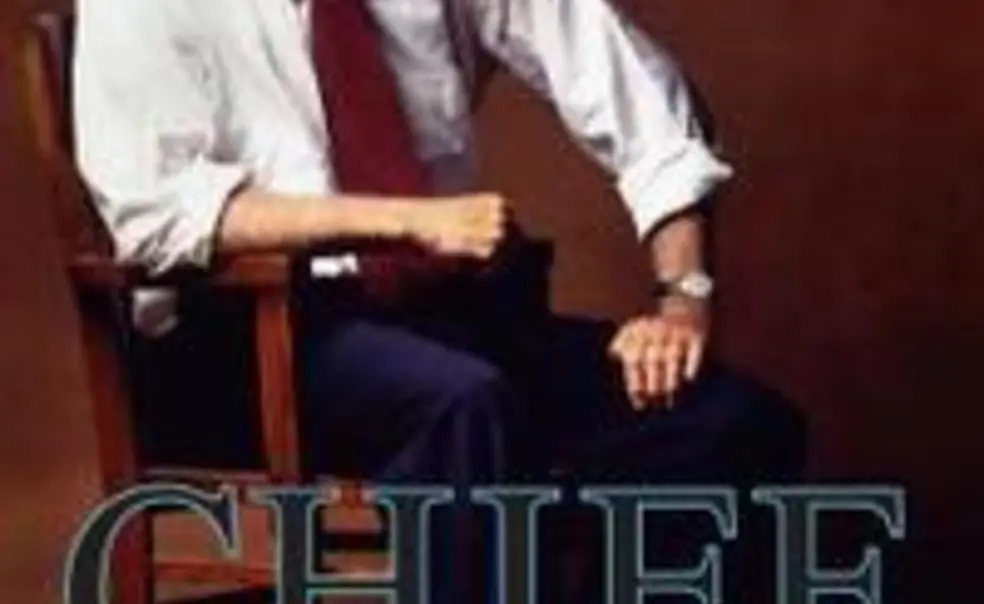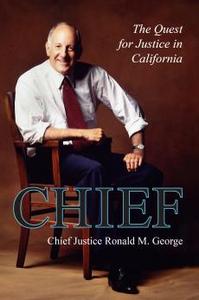George '61 Gives Oral History
New book: Chief: The Quest for Justice in California, by Ronald George ’61 (Berkeley Public Policy Press)
The author: George is the retired 27th chief justice of California. In his early career as a deputy California attorney general, he went before the U.S. Supreme Court to argue the constitutionality of the death penalty. Later, as a superior court judge he presided over one of the most notorious criminal cases in American history, the Hillside Strangler trial of Angelo Buono. During his tenure as chief justice, George pursued major judicial reforms, including the unification of municipal and superior courts in each of the state’s 58 counties, and the construction and renovation of court facilities around the state.
The book: This oral history chronicles George’s long career of public service, from his time as a young deputy attorney general to his rise through the ranks of the California judiciary. His account, as described to an oral historian interviewing the former chief justice, offers an insider’s view of the recent legal history of the California Supreme Court, the largest judicial system in the nation. In May of 2008, the California Supreme Court threw out the state’s requirement that marriages involve a man and a woman, opening the door for same-sex unions. In this book, George describes that case, a critical moment in the nation’s ongoing legal and political controversy over the nature of marriage.
From the book, regarding the marriage case: “People raise the issue, ‘How can the court flout the people’s will here? They passed this statute defining marriage by initiative. Their elected representatives also passed this limitation.’ My answer is always that the court, instead of overriding the people’s will, is upholding the highest and ultimate expression of the people’s will, the constitution that they themselves have enacted. In enacting their constitution and adopting it, the people have expressed their ultimate will and have imposed limits upon their own ability to legislate, either at the ballot box or through their elected representatives.”
Reviews: Claire Cooper of The Sacramento Bee called the book “at once a civics lesson and an autobiography.” Thomas R. Reynolds of the California Supreme Court Historical Society wrote: “There are surprises, even for the court’s closest observers.”













No responses yet